Dealing with Covid-19 scams
Criminals are taking advantage of the fear and confusion surrounding the Covid-19 pandemic to trick individuals and businesses into parting with money or private information (such as passwords and usernames). A large number of scams have been reported including fake council tax refunds, tricking people into thinking they are buying face masks or hand sanitizer, fake fines for breaking lockdown restrictions and tax refunds from HMRC.
In the first month of Covid-19 over £800,000 has been lost by victims according to Action Fraud.
We want to better understand the impact of you experiencing this issue, can you share your experience by filling in this online form? This will help us better protect future victims.
How do I know if I have been a victim of a Covid-19 (coronavirus) scam?
You may have received a text, phone call or text message about a Covid-19 related issue - such as payment that needs made or a refund that is to be given.
You may have been tricked into clicking a link on your phone or another device thinking it was about Covid-19, but it has actually installed malicious software on your device.
You may have bought an item online - such as face masks, testing kits, a fake cure or hand sanitizer - but the product never turned up or was faulty.
You have been contacted by a criminal pretending to be from the NHS asking for money to help in the fight against Covid-19.
You receive a call from the ‘track & trace’ team asking you to pay money, share personal data or click on a link.
Example scams
Approaches to dealing with a Covid-19 (coronavirus) scam
Email, text and phone call scams - If you have been scammed over the phone use our vishing guide, on email use our phishing guide or by text use our smishing guide.
Malicious software & ransomware - if you have clicked a link on a text or email use our malicious software guide. If your files or device has been encrypted use our ransomware guides.
If you have paid money - or provided card/bank details - contact your bank ASAP and explain what has happened.
If you have shared secret information like passwords - change these passwords ASAP. Make sure that the compromised username and password combination are changed on all online accounts where you use it.
Report the crime
If you are in England, Wales or Northern Ireland you should report all cyber crime to Action Fraud. In Scotland, you can see details of reporting to Police Scotland here.
How do I avoid being a victim of a Covid-19 (coronavirus) scam again?
You can lower the risk of being a victim of a Covid-19 scam by:
Be suspicious of emails, texts and phone calls - anyone who knows your email address can email you and it is likely your email address is easy to find online. Be suspicious of every email you receive - ask yourself if the email could be a scam. Same with text messages and phone calls.
Trust your gut - most people who fall for scams had a funny feeling about the email before they clicked the link, shared the information or downloaded the attachment. If it doesn’t feel right it probably isn’t. Delete the email and check direct with the person or organisation that ‘sent’ the email.
Never provide personal information over email, text or the phone - Never divulge personal information requested by email such as your password, security code or credit card number. Legitimate organisations will not ask you to do this.
Type in the website address into your browser, don’t follow email or text links - Never click a link in an email. If you receive an email from an organisation go to their website and log in there. This greatly reduces your chance of being scammed.
Check any phone numbers online before calling them - if a phone number is provided in an email or text you should go to the organisations website and call their regular number.
Improve your cyber security - use sites like Get Safe Online to improve your overall cyber security.
Donate
To help people like you we rely 100% on donations from people like you.
Without donations we cannot keep our service free and provide help to the most vulnerable victims of cyber crime when they need it most. As a not-for-profit organisation, 100% of your donation goes towards keeping The Cyber Helpline up and running - so 100% goes towards helping people like you. Donate now and help us support victims of cyber crime.




